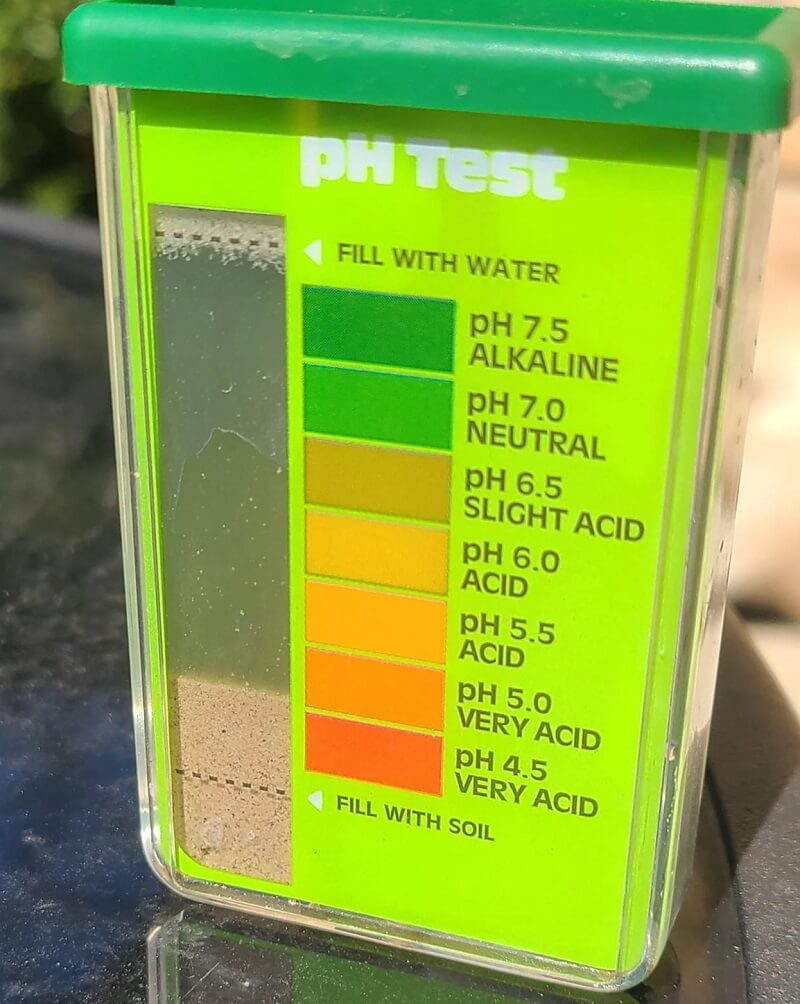Sometimes, doing less is more — especially when it comes to gardening.
That is what one new gardener learned after seeking soil advice for their new garden.


"What amendments should I make to my soil?" the gardener asked in a post to Reddit's r/GardenWild community. "I plan on tilling a 24' by 9' section of land to grow wildflowers and sunflowers … This is my first time gardening. Any feedback would be appreciated!"
Users who commented on the post were quick to suggest looking into native plant gardening before making any costly and laborious changes.
"Honestly OP, you should check out your state's resources on establishing native plants," suggested one person. "I think a couple hours of research will get you the results you want."
Another Redditor wrote: "If the wildflowers are native to your area, they're native to your soil. Don't amend it, just plant."
One person highlighted that construction projects can affect the natural balance of the soil, but based on the information provided by the original poster, that doesn't appear to be a concern. Ultimately, establishing native plants is an easy, low-effort solution for a beautiful garden.
Native plant yards are landscapes that utilize the area's naturally occurring plants, which have historical roots. These plants have evolved to thrive off local rainfall and resist weeds, so they will save you time and money on watering plants and weeding the garden.
Plus, native plant gardens are far more eco-friendly than other types of landscaping, such as traditional grass lawns.
An integral part of the ecosystem, native plants form mutualistic bonds with other native wildlife. Native flowers attract local pollinators as a food resource, while pollinator visits simultaneously fertilize the plants for regrowth.
The cycle benefits the entire ecosystem, including humans, helping to grow new produce each spring. The more pollinators attracted to a garden, the more likely its fruits and vegetables will be larger, more bountiful, and tastier.
Other eco-friendly, low-maintenance options include clover lawns, buffalo grass, and xeriscaping. For more information on how to get started, check out The Cool Down's guides on switching to a natural lawn and rewilding your yard.
Back on the Reddit post, the new gardener appreciated the advice.
"Thanks for all of the good feedback," they wrote.
Join our free newsletter for easy tips to save more and waste less, and don't miss this cool list of easy ways to help yourself while helping the planet.









